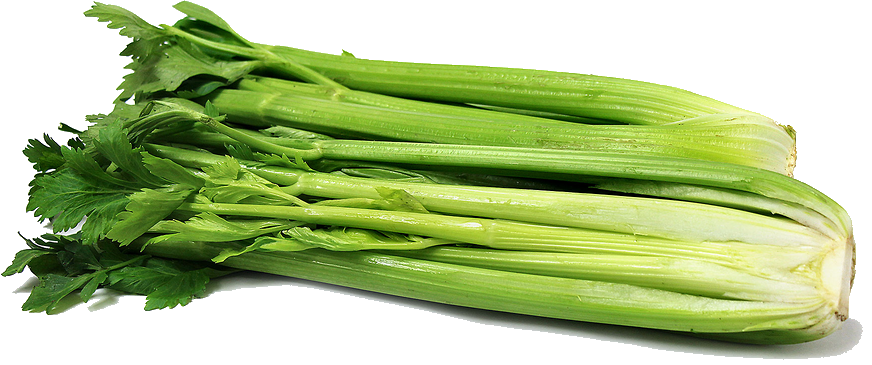Ants on a Log
Using Celery to Efficiently Process External API Calls in Django

Scott Vitale, Founder @ 
APIs: Legos for Developers
- Authentication
- Social network engagement
- Push notifications
- Analytics
- ...pretty much everything
No Pain, No Gain
Relying on an external API means suffering when that API experiences...
- Outages
- Slow response times
- Maintenance windows
- DDoS and other attacks
Imagine a world where
You run a cutting edge pet shop called

Kick Ass Pets

Kick Ass Pets
You've built a sweet Django app that interfaces with the
TurtleAPI, a
service that provides interesting facts on all varieties of shelled reptiles.
TurtleAPI lives up to its name. API calls can take seconds to execute.
Like any good manager, we need to delegate

Goals
- Fast page loads to the user
- Slow operations moved to background task
- Notification / Push when complete
Enter Celery
- Asynchronous Task Queue
- Uses a broker for message passing (RabbitMQ, Redis)
- Delegates tasks to one or more worker processes
Synchronous API Call
sequenceDiagram
User->>+Django: Request page
Django->>+API: API Request
Note over API: 10s elapses
API->>-Django: API Response
Django->>-User: Page loads
Move API call to Worker
sequenceDiagram
User->>+Django: Request page
Django->>-User: Page skeleton
Worker->>+API: API Request
Note over API: 10s elapses
API->>-Worker: API Response
Add Celery as Queue
sequenceDiagram
User->>+Django: Request page
Django-->>Celery: Work item
Django->>-User: Page skeleton
Celery-->>+Worker: Work item
Worker->>+API: API Request
Note over API: 10s elapses
API->>-Worker: API Response
Worker->>-Celery: Work result
Retrieve Results
sequenceDiagram
User->>+Django: Request page
Django-->>Celery: Work item
Django->>-User: Page skeleton
Celery-->>+Worker: Work item
Worker->>+API: API Request
Note over API: 10s elapses
API->>-Worker: API Response
Worker->>-Celery: Work result
User->>+Django: Is it done?
Django->>+Celery: Is it done?
Celery->>-Django: Work result
Django->>-User: Work result
Celery Implementation
- Install Broker (not shown)
- Install/Configure Celery
- Define TurtleAPI call as a task
- Add URL & JS poller to query task status
- Start Celery worker
Install/Configure Celery
pip install celery
app / settings.py
CELERY_BROKER_URL = 'amqp://guest:guest@localhost:5672'
CELERY_RESULT_BACKEND = CELERY_BROKER_URL
app / celery.py
from __future__ import absolute_import, unicode_literals
import os
from celery import Celery
# set the default Django settings module for the 'celery' program.
os.environ.setdefault('DJANGO_SETTINGS_MODULE', 'server.settings')
from django.conf import settings
celery_app = Celery('kickasspets')
# Using a string here means the worker don't have to serialize the
# configuration object to child processes.
celery_app.config_from_object('django.conf:settings')
# Load task modules from all registered Django app configs.
celery_app.autodiscover_tasks(lambda: settings.INSTALLED_APPS)
app / __init__.py
from __future__ import absolute_import, unicode_literals
# This will make sure the app is always imported when
# Django starts so that shared_task will use this app.
from .celery import celery_app
__all__ = ['celery_app']
Define TurtleAPI call as a task
app / views.py
import requests
def get_turtle_descriptions():
# Get turtle descriptions from the API, deserialize, and return as
# python list
api_response = requests.get(
'http://localhost:8001/turtle-api/descriptions')
return api_response.json()['turtles']
class TurtleView(View):
def get(self, request):
descriptions = get_turtle_descriptions()
return render(request, 'turtles.html', {
'page': 'turtles',
'descriptions': descriptions
})
app / tasks.py
from __future__ import absolute_import
from celery import shared_task
import requests
@shared_task
def get_turtle_descriptions():
# Get turtle descriptions from the API, deserialize, and return as
# python list
api_response = requests.get(
'http://localhost:8001/turtle-api/descriptions')
return api_response.json()['turtles']
app / views.py
from __future__ import absolute_import
from . import tasks
class TurtleView(View):
def get(self, request):
task = tasks.get_turtle_descriptions.delay()
return render(request, 'turtles.html', {
'page': 'turtles',
'task_id': task.id
})
Add status endpoint
app / urls.py
url(r'^status/(?P<task_id>>[a-f\d\-]+)', StatusView.as_view())
app / views.py
from __future__ import absolute_import
from celery.result import AsyncResult
class StatusView(View):
def get(self, request, task_id):
# Get task by ID and its status
task_result = AsyncResult(task_id)
task_is_complete = task_result.ready()
if task_is_complete:
# Retrieve response data
data = task_result.get()
else:
data = None
return JsonResponse({
'complete': task_is_complete,
'data': data
})
Add Javascript poller
Start Celery worker
celery -A app worker -l info
Bask in your improved user experience

Thank You
http://ants.vitale.io (presentation)
https://github.com/svvitale/kick-ass-pets (demo)